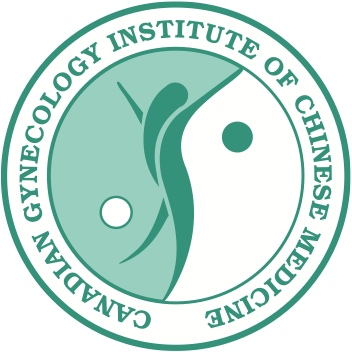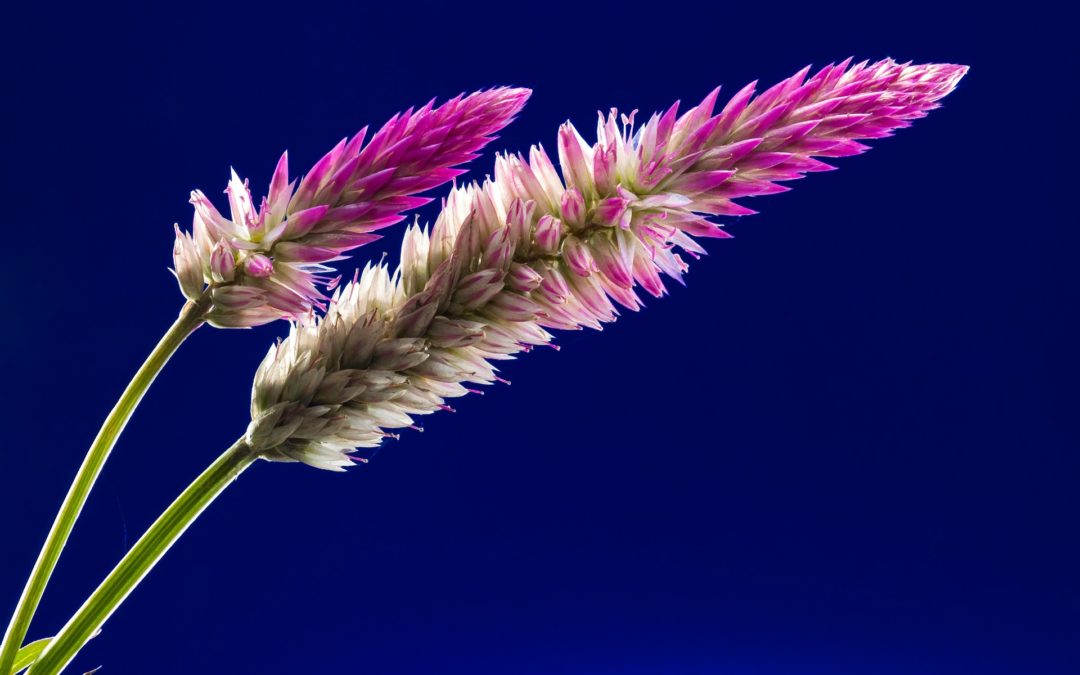TCM & Varicose Veins, Vulvar Varicosities, and Hemorrhoids
Believe it or not, according to Chinese Medicine, varicose veins, vulvar varicosities, hemorrhoids, and organ prolapse all have a very similar differentiating pattern: Qi Sinking. There are two basic ideas: the body does not have enough energy, or the connective tissue loses integrity and the body cannot rebuild it (due to a Qi Deficiency). This loss in energy presents as the ‘sinking’ or ‘falling’ of veins or organs.
Varicosities and prolapse can be caused by overwork or standing for long periods of time, and they can also be due to genetics, pregnancy or aging in general. Hemorrhoids are often due to chronic or severe episodes of diarrhea or constipation.
Any of these conditions can cause varying levels of discomfort from mild to severe. Treatment options vary depending on the severity of the symptoms and the severity of the condition:
- Vulvar varicosities often resolve on their own, but discomfort can be alleviated by minimizing standing and sitting, and lying on the left side.
- Varicose veins can be either acute (during pregnancy) or chronic. Both chronic and acute varicose veins can be helped by wearing compression socks and limiting the amount of standing and sitting done at one time.
- Hemorrhoids also tend to resolve on their own after a few days, but depending on the size and discomfort can be lanced to alleviate pressure. Warm baths can help to alleviate discomfort, as well as lying on the side and avoiding standing or sitting for too long. For those prone to hemorrhoids, it is important to avoid constipation by increasing dietary fiber and liquid intake.
Can Chinese Medicine Help?
Absolutely. Acupuncture and Herbs are a great way to treat any sort of ‘sinking condition’. There are a few formulas that are often prescribed. If you’d like to know more, please speak to your Traditional Chinese Medicine Practitioner to find the best formula for you.
Herbs that are generally good for helping with prolapse include Dang Gui, Shu Di Huang, and Huang Qi.
Dang Gui: aka Tangkuei, (Chinese) Angelica Root, Angelicae Sinensis Radix.
This herb is used primarily to nourish the Blood. It also invigorates Blood circulation, disperses cold, moistens the intestines, reduces abscess swelling, generates flesh, and calms the spirit. It is contraindicated for use in patients with diarrhea.
Sheng Di Huang: aka Rhemannia Root, Chinese Foxglove Root, Rhemanniae Radix.
This herb is also primarily used to nourish the Blood. It also cools the Blood, nourishes Yin, and generates fluids. It is contraindicated for use for those with diarrhea and abdominal fullness.

Huang Qi: aka Astragalus Root, Milk-Vetch Root, Astragali Radix
This herb is primarily a Qi tonic and has a special ability to ‘lift’ the Qi. It is also used to tonify the Blood, raise Yang, boost the immune system, reduce edema, promote the discharge of pus, and generate flesh. It is contraindicated for use in the early stage of sores and if significant inflammation is present. Also, caution should be used if the patient has any hypertension or high blood pressure.
Varicosities and hemorrhoids can be extremely uncomfortable but there are alternative therapies. If you’d like to know more, please contact us!
Caroline Prodoehl, R.Ac, R.TCMP
References
Betts, Debra (2006). The Essential Guide to Acupuncture in Pregnancy and Childbirth. Eastland Press. East Sussex, England.
Maciocia, Giovanni (1998). Obstetrics and Gynecology in Chinese Medicine. Churchill-Livingstone. New York, NY.



